Hollywood Lawsuit Expands Pirate Bay & ExtraTorrent Web Blockade
vendredi 13 janvier 2017 à 10:22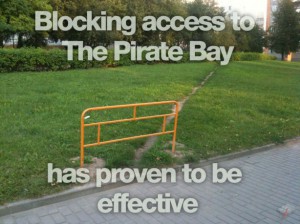 In an expansion of their site-blocking campaign, several Hollywood studios under the banner of the MPA applied to a court in Norway during 2015 to have seven ‘pirate’ sites blocked at the ISP level.
In an expansion of their site-blocking campaign, several Hollywood studios under the banner of the MPA applied to a court in Norway during 2015 to have seven ‘pirate’ sites blocked at the ISP level.
Warner Bros, Paramount, Twentieth Century Fox, Universal, Sony, Disney, Columbia and several local industry groups argued that The Pirate Bay, ExtraTorrent, Viooz, PrimeWire, Swefilmer, DreamFilm and Movie4K, infringe their copyrights.
Local ISPs including Telenor, TeliaSonera, NextGenTel and Altibox were named as defendants in the case, which was handled by the Oslo District Court. In September 2015 the Court handed down its ruling, ordering the ISPs to block the seven sites listed in the lawsuit.
While many observers believed the studios would be back immediately with more blocking requests, things went quiet for more than a year. Only recently did they return with fresh requests against more ISPs.
The Motion Picture Association filed a new lawsuit against seven Internet service providers, named by Tek.no as Eidsiva Bredbånd, Lynet Internett, Breiband.no, Enivest, Neas Bredbånd, Tussa IKT and Opennet Norge.
Like before, the MPA and the studios wanted the ISPs to restrict access to a number of ‘pirate’ sites including The Pirate Bay, Extratorrent, Viooz, SweFilmer, DreamFilm and Movie4K, which were all named in the original complaint. Additional sites named in the new complaint include Watch Series, Putlocker, TUBE+, Couch Tuner, Watch32, Project Free TV and Watch Free.
It now appears that the MPA found a sympathetic ear at the Oslo District Court, which has just issued a ruling in the studios’ favor. Local media says the ruling is considerably shorter than the one handed down in 2015, which seems to indicate that the process has now been streamlined.
According to Tek, the Court made its decision based on the fact that the sites in question published links to copyrighted material already available online. The Court determined that the sites published the content to a “new public”, noting that they had not changed their modus operandi since the original ruling.
The ISPs were ordered to implement DNS blockades covering the domains currently in use. As illustrated on a a number of previous occasions, including in Norway itself, DNS blocks are the weakest form of blocking and are easily circumvented by switching to a different provider, such as Google.
Torgeir Waterhouse of Internet interest group ICT Norway says that while the DNS blocks might only amount to a “speed bump”, it’s more important to make it easier to access legal services.
“We must make it easy to pay, easy to access and easy to develop new services. Ultimately it is this that determines the levels of revenue for producers. Revenue does not occur ‘automagically’ by preventing their access to an illegal service,” he says.
Waterhouse, who has campaigned on several intellectual property issues, also criticized the authorities for holding ISPs responsible for the actions of others.
“The government should make a law that says what they really want, namely that parts of the Internet should not be accessible to the population. They should have the courage to stand up and say that this is what they want, not create the impression that Internet service providers are doing something wrong,” he adds
In common with the 2015 ruling, the sites detailed in the lawsuit were all ordered to pay court costs. None of the sites’ owners appeared in Court so it’s unlikely that any will pay the $1,800 they each now owe.
Source: TF, for the latest info on copyright, file-sharing, torrent sites and ANONYMOUS VPN services.
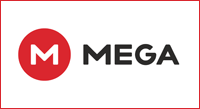 Removing search results is nothing new for Google. The company has been cleaning up its search index for years, in response to complaints from copyright holders.
Removing search results is nothing new for Google. The company has been cleaning up its search index for years, in response to complaints from copyright holders. 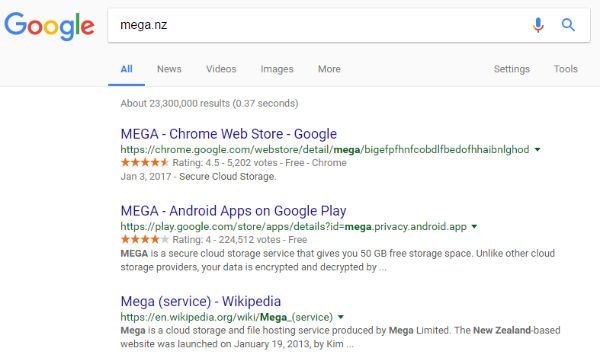

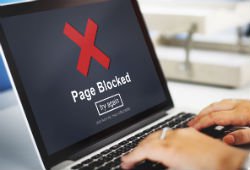 Given that Australia is often credited with giving its consumers products that have been available in other regions for some time, it perhaps fits that the country has often been behind the times when it comes to anti-piracy measures.
Given that Australia is often credited with giving its consumers products that have been available in other regions for some time, it perhaps fits that the country has often been behind the times when it comes to anti-piracy measures.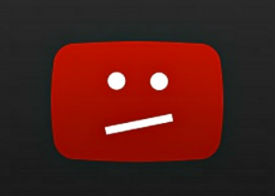
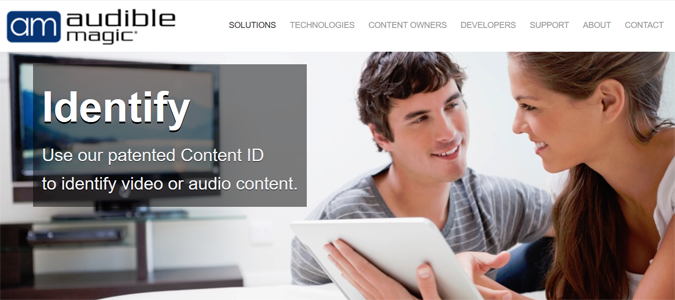
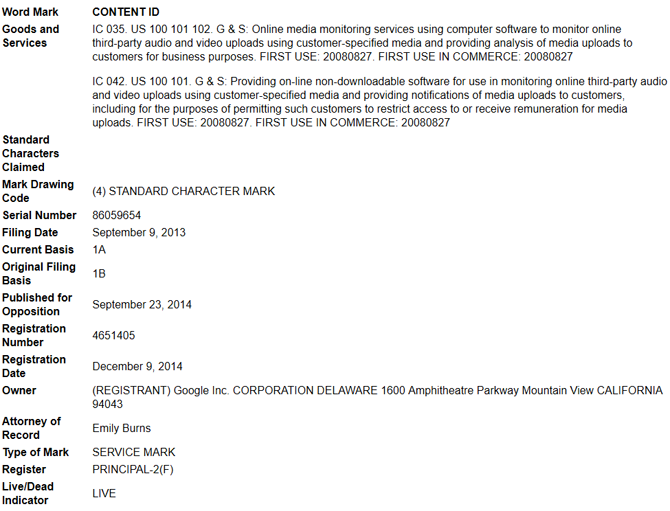
 In an effort to curb online piracy, the movie and music industries reached an agreement with the UK’s leading ISPs to send “educational alerts” to alleged copyright infringers.
In an effort to curb online piracy, the movie and music industries reached an agreement with the UK’s leading ISPs to send “educational alerts” to alleged copyright infringers.